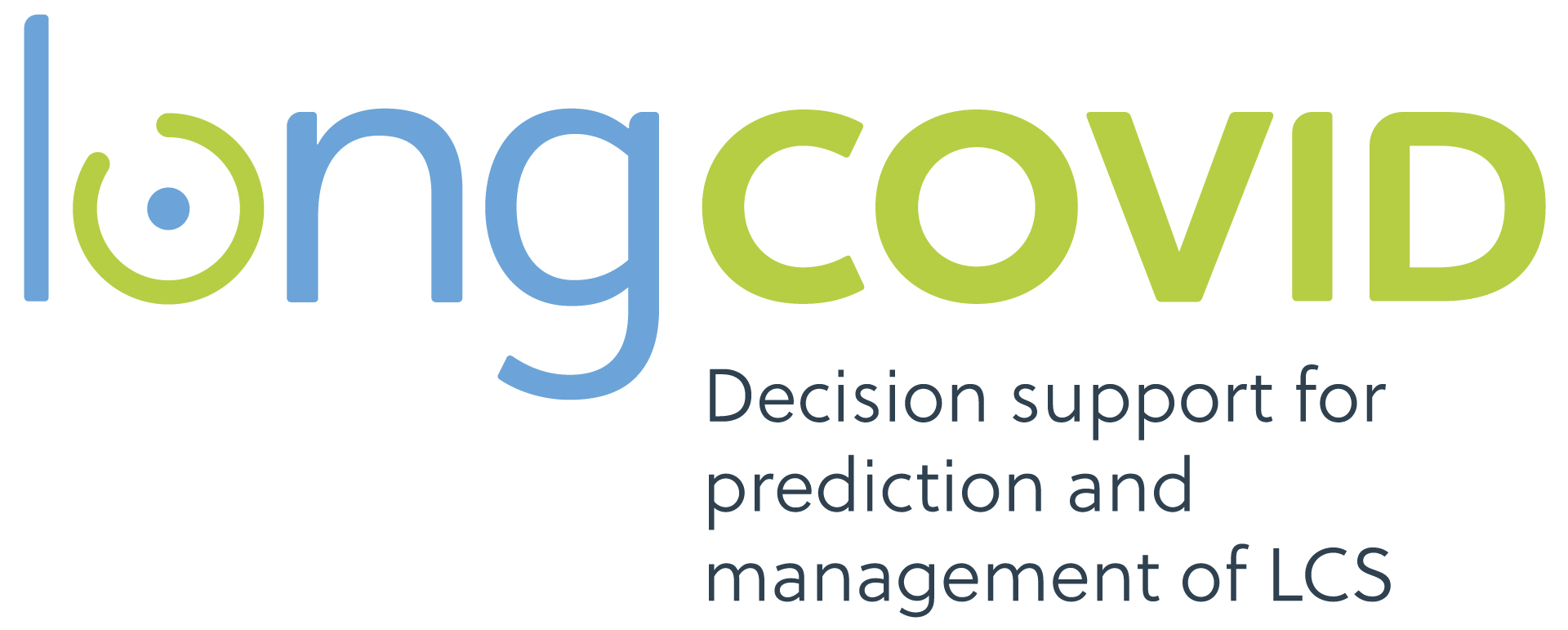
Over 200 million people have been affected by the SARS-CoV-2 virus globally until Sept 2021 causing unprecedented disruption, mortality, and morbidity. This has led to extensive economic burden on healthcare and society. Although much is now known regarding appropriate clinical management of acute COVID-19, very little is known about clinical manifestations, risk factors and underlying mechanisms for development of the highly heterogeneous Long Covid Syndrome (LCS).
LCS encompasses a plethora of debilitating symptoms that include, but are not limited to, fatigue, cough, shortness of breath, chest pain, headaches, and bowel symptoms. In addition, psychological symptoms, such as anxiety and cognitive impairment, are vastly reported by LCS patients. Also, a significant number of LCS patients develop several types of skin symptoms, such as pernio, lasting for more than 60 days. Patients with underlying comorbidities and elderly people are found to be significantly associated with an increased risk of developing LCS. Thus, resilient healthcare systems are needed to ensure efficient and effective management of LCS so as to reduce long-term economic burden on healthcare as well as on society.


As per current statistics, 1 in 10 patients is developing LCS. As the number of patients suffering from long-term effects of a COVID-19 infection seems to constantly rise since the start of the pandemic on a global scale, it is essential to identify and understand the mechanism behind the persistence of symptoms and to use this improved understanding to provide adequate treatment to patients. Currently, there is no validated information on the underlying mechanism for LCS and validated therapeutic interventions are not available.
